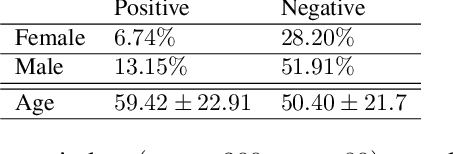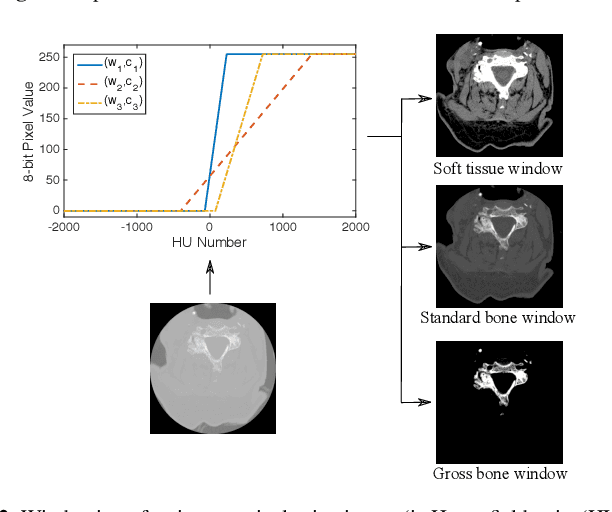Kristen Yeom
Recent Advances, Applications, and Open Challenges in Machine Learning for Health: Reflections from Research Roundtables at ML4H 2023 Symposium
Mar 03, 2024Abstract:The third ML4H symposium was held in person on December 10, 2023, in New Orleans, Louisiana, USA. The symposium included research roundtable sessions to foster discussions between participants and senior researchers on timely and relevant topics for the \ac{ML4H} community. Encouraged by the successful virtual roundtables in the previous year, we organized eleven in-person roundtables and four virtual roundtables at ML4H 2022. The organization of the research roundtables at the conference involved 17 Senior Chairs and 19 Junior Chairs across 11 tables. Each roundtable session included invited senior chairs (with substantial experience in the field), junior chairs (responsible for facilitating the discussion), and attendees from diverse backgrounds with interest in the session's topic. Herein we detail the organization process and compile takeaways from these roundtable discussions, including recent advances, applications, and open challenges for each topic. We conclude with a summary and lessons learned across all roundtables. This document serves as a comprehensive review paper, summarizing the recent advancements in machine learning for healthcare as contributed by foremost researchers in the field.
Deep Sequential Learning for Cervical Spine Fracture Detection on Computed Tomography Imaging
Oct 30, 2020



Abstract:Fractures of the cervical spine are a medical emergency and may lead to permanent paralysis and even death. Accurate diagnosis in patients with suspected fractures by computed tomography (CT) is critical to patient management. In this paper, we propose a deep convolutional neural network (DCNN) with a bidirectional long-short term memory (BLSTM) layer for the automated detection of cervical spine fractures in CT axial images. We used an annotated dataset of 3,666 CT scans (729 positive and 2,937 negative cases) to train and validate the model. The validation results show a classification accuracy of 70.92% and 79.18% on the balanced (104 positive and 104 negative cases) and imbalanced (104 positive and 419 negative cases) test datasets, respectively.
Deep Learning with Attention to Predict Gestational Age of the Fetal Brain
Dec 09, 2018



Abstract:Fetal brain imaging is a cornerstone of prenatal screening and early diagnosis of congenital anomalies. Knowledge of fetal gestational age is the key to the accurate assessment of brain development. This study develops an attention-based deep learning model to predict gestational age of the fetal brain. The proposed model is an end-to-end framework that combines key insights from multi-view MRI including axial, coronal, and sagittal views. The model also uses age-activated weakly-supervised attention maps to enable rotation-invariant localization of the fetal brain among background noise. We evaluate our methods on the collected fetal brain MRI cohort with a large age distribution from 125 to 273 days. Our extensive experiments show age prediction performance with R2 = 0.94 using multi-view MRI and attention.
 Add to Chrome
Add to Chrome Add to Firefox
Add to Firefox Add to Edge
Add to Edge